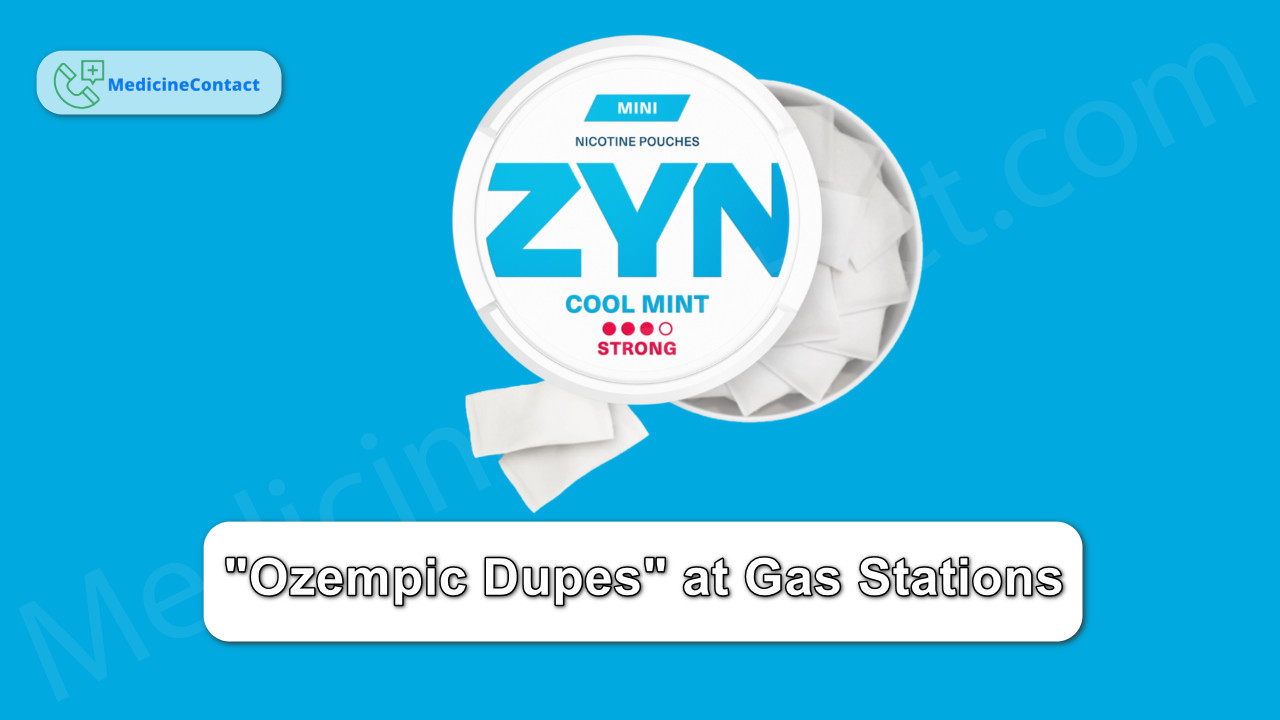
Understanding Sulfur Burps as a Side Effect of Mounjaro
Mounjaro is a recently approved injectable medication used for treating type 2 diabetes. It belongs to a class of drugs called GLP-1 receptor agonists. While Mounjaro can be very effective for managing blood sugar levels, it also frequently causes side effects like nausea, vomiting, and sulfur burps.
Sulfur burps, sometimes described as rotten egg burps, are burps that are accompanied by a foul rotten egg smell. This troubling side effect is quite common with Mounjaro. Let’s take a closer look at why sulfur burps happen and what can be done to prevent them.
How Mounjaro Causes Sulfur Burps
Mounjaro contains the active ingredient tirzepatide which mimics an intestinal hormone called GLP-1. This hormone helps regulate appetite and digestion. By acting like GLP-1, Mounjaro slows down the emptying of the stomach and increases insulin production.
A major side effect of this delayed gastric emptying is gastroesophageal reflux, where stomach contents back up into the esophagus. This reflux causes belching as the stomach releases built-up air, saliva, and partly digested food.
During this process, hydrogen sulfide gas is also sometimes released. Hydrogen sulfide has a characteristic rotten egg odor which produces stinky sulfur burps. The sulfur compounds come from proteins breaking down in the stomach and gastrointestinal tract.
Some other factors that can contribute to increased sulfur burp symptoms with Mounjaro include:
- Eating high protein, sulfur-containing foods like eggs, cheese, meat, garlic
- Food sitting in stomach longer, allowing more sulfur production
- Altered gut bacteria increasing hydrogen sulfide
- Dehydration impairing digestion
- GI issues like gastritis or GERD worsened by Mounjaro
While sulfur burps are especially common with Mounjaro, they can also occur as a side effect of other GLP-1 drugs like Ozempic, Trulicity, Rybelsus, and Victoza. Understanding why they happen is the first step to controlling them.
Strategies to Prevent Sulfur Burps with Mounjaro
Here are some tips for how to avoid or minimize sulfur burps when taking Mounjaro:
- Eat smaller, more frequent meals - Don't overload your stomach.
- Avoid trigger foods high in sulfur like eggs, meat, beans, dairy, garlic.
- Reduce intake of gas-producing foods like cruciferous vegetables, onions.
- Try a low-FODMAP diet to ease GI upset.
- Avoid carbonated drinks which can cause belching.
- Stay well hydrated - drink lots of water.
- Take probiotics to support healthy gut bacteria.
- Use antacids like Tums to reduce excess stomach acid.
- Don't lie down right after eating - stay upright.
- Eat slowly and chew food thoroughly to aid digestion.
It may also help to take Mounjaro with food instead of on an empty stomach, if your doctor approves. Spreading the dosage out into two smaller injections per week can also minimize side effects.
If lifestyle changes don't help enough, talk to your doctor. They may be able to adjust the Mounjaro dosage or frequency. For severe reflux, medications like famotidine (Pepcid) or omeprazole (Prilosec) may provide relief.
Dealing with Persistent Sulfur Burps
What should you do if troublesome sulfur burps persist despite making diet and lifestyle changes? Here are some tips for coping:
- Track when burps occur to identify triggers.
- Note symptoms in a diary to discuss with your doctor.
- Carry antacids or anti-gas tablets like Gas-X when out.
- Try activated charcoal capsules to reduce sulfur gas.
- Use chewing gum or lozenges to freshen breath.
- Drink herbal tea like ginger, fennel or chamomile to ease the GI tract.
- Don't skip Mounjaro doses unless directed by your doctor.
Be sure to let your doctor know if bothersome sulfur burps continue for more than 2-3 weeks. They may need to adjust your dosage or switch your medication to something like Victoza or Ozempic. Also seek medical advice if you develop severe symptoms like:
- Difficulty swallowing
- Choking sensations
- Unexplained weight loss
- Blood in vomit or stool
This could indicate a more serious condition requiring evaluation. With proper management, sulfur burps can be reduced so Mounjaro can be continued effectively.
Coping with Other Digestive Side Effects of Mounjaro
In addition to sulfur burps, Mounjaro can cause other bothersome digestive side effects. These commonly include nausea, vomiting, diarrhea, constipation, abdominal pain, and loss of appetite. Understanding why these occur and how to manage them makes Mounjaro more tolerable.
Nausea and Vomiting
Nausea affects up to 39% of people taking Mounjaro. It results from the medication delaying stomach emptying. Vomiting occurs in up to 12% of users. Nausea is most common when first starting Mounjaro but usually improves over time.
Tips to minimize nausea and vomiting include:
- Take anti-nausea medication like Zofran or Phenergan.
- Stay hydrated by sipping clear fluids.
- Eat small, bland, easy to digest meals.
- Avoid greasy, spicy, or acidic foods.
- Spread out dosage over 2 injections per week.
- Start with lower dose and slowly increase.
Let your doctor know if vomiting persists, as they may need to change medications or dosing. Call right away if you experience prolonged vomiting, blood in vomit, or inability to keep down fluids.
Diarrhea and Constipation
Up to 12% of people taking Mounjaro encounter diarrhea. It results from food moving hastily through the intestines. Drink plenty of fluids, limit dairy and fatty foods, and ask your doctor about anti-diarrheal medication if needed.
On the flip side, approximately 9% experience constipation due to slowed digestion. Stay hydrated, eat high fiber foods, and consider a stool softener like Miralax. Tell your doctor if constipation persists longer than 3 days.
Appetite Loss
Loss of appetite occurs in around 7% of those taking Mounjaro. This assists with weight loss but can become concerning. Ensure you still consume enough calories and nutrients each day. Eat smaller meals more frequently. Ask your doctor for guidance if appetite loss becomes problematic.
Stick with Mounjaro for at least 3 months if side effects are tolerable. Many subside over time as the body adjusts. Pay attention as your body provides feedback. Make diet modifications and work collaboratively with your healthcare provider to manage gastrointestinal effects.
Is Mounjaro Right for You?
Mounjaro offers an innovative new approach to controlling blood sugar in adults with type 2 diabetes. It can lower A1C and result in weight loss beyond diet and exercise alone. However, its gastrointestinal side effects like sulfur burps can be challenging.
The best candidates for Mounjaro are those struggling to achieve glycemic targets or lose weight with other medications. It may not be the right choice for those with severe GI issues. Talk to your doctor regarding whether the benefits of Mounjaro outwe
FAQs
Why does Mounjaro cause sulfur burps?
Mounjaro delays stomach emptying, leading to gastroesophageal reflux. This causes belching and release of hydrogen sulfide gas, which smells like rotten eggs.
What foods make sulfur burps worse?
High protein foods containing sulfur like eggs, meat, beans, dairy, garlic and cruciferous vegetables can worsen sulfur burps with Mounjaro.
How can I prevent smelly burps on Mounjaro?
Eat smaller meals, avoid trigger foods, stay hydrated, use antacids, take probiotics, remain upright after eating, and chew thoroughly to minimize sulfur burps.
When should I call my doctor about burping?
Contact your doctor if smelly burps persist after 2-3 weeks or are accompanied by severe symptoms like difficulty swallowing, choking, or unexplained weight loss.
Do sulfur burps mean I have to stop Mounjaro?
Not necessarily. Your doctor may adjust the dosage, frequency or timing. But they may switch your medication if GI issues remain intolerable.
Disclaimer: This article is for informational purposes only and does not constitute medical advice. Always consult with a healthcare professional before starting any new treatment regimen.




